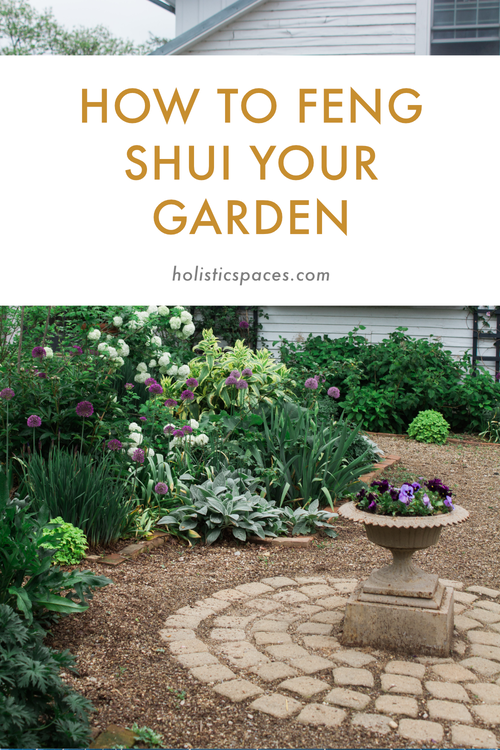Hi Anjie! Are there any bad feng shui plants I should stay away from?
I get this question often, so I thought it was a good one to answer for Q&A Sunday. First, I want you to think about your own voice, and the way that you label things. If you’re labeling certain things as “bad,” you’re probably taking a fear-based approach. This isn’t how I approach feng shui, and in my opinion there are no bad feng shui plants. There are plants that may not be ideal for you or your space, but that doesn’t mean they’re bad.
I do have something to say about feng shui plants that get a bad rap. Often, spiky plants like cactus or snake plant are labeled as bad feng shui plants because they’re sharp, and there’s something to this. If you decide to place a plant in your relationship corner because you want to invite in a partner, and you choose a really sharp, prickly cactus, that might tell you something about the kind of energy you’re putting out into the world when it comes to relationships.
This isn’t a bad thing, however - it can actually be helpful, because it’s giving you some insight into what you need to work on, and what you can explore with curiosity in this area of your life. The fact that you were inclined to put a prickly cactus in this area can give you something to think about when it comes to why you’re having trouble attracting a partner. When you think about a sharp, prickly cactus, what comes to mind? We usually want to keep our distance from them, and they’re very protective, which could be the reason someone is drawn to putting a cactus in the relationship corner.
Alternatively, there are situations where it may be appropriate to put a protective plant in the relationship corner. For instance, maybe you’ve recently gone through some trauma, or you’re working on healing yourself. Sometimes you’re focused on taking care of yourself rather than looking for a partner, so a spiky, protective plant might be just what you need.
Another thing people ask me about is whether they need to get rid of a cactus or prickly plant that they already have and love. I want you to think about that. If it’s something you love and feel connected to, then don’t get rid of it. It’s a living thing, so see if you can find the most appropriate place for it in your home, or work with a feng shui consultant to figure this out. In general, though, you don’t need to get rid of things that you love just because you read somewhere that it’s not good feng shui.
by Anjie Cho






